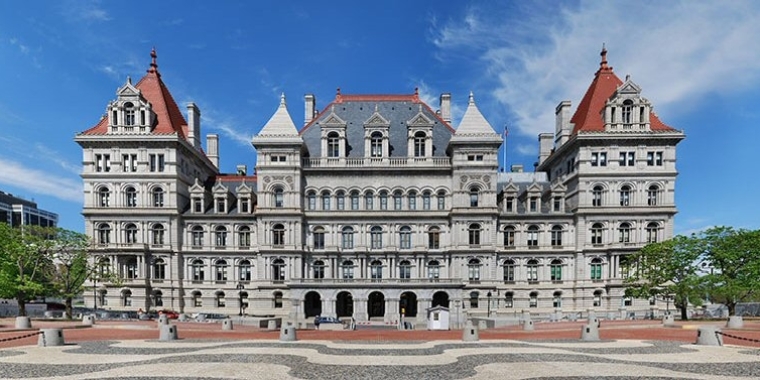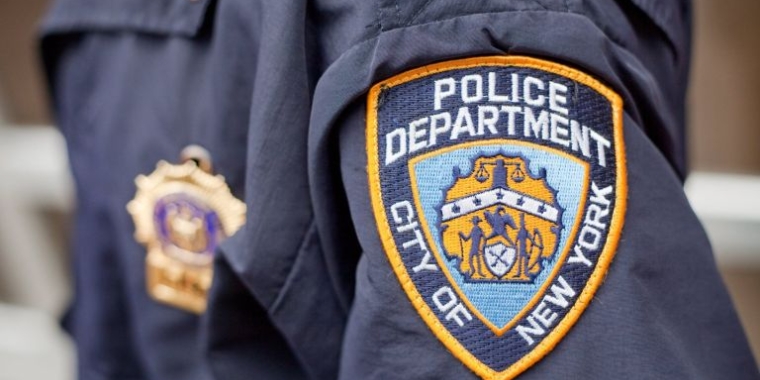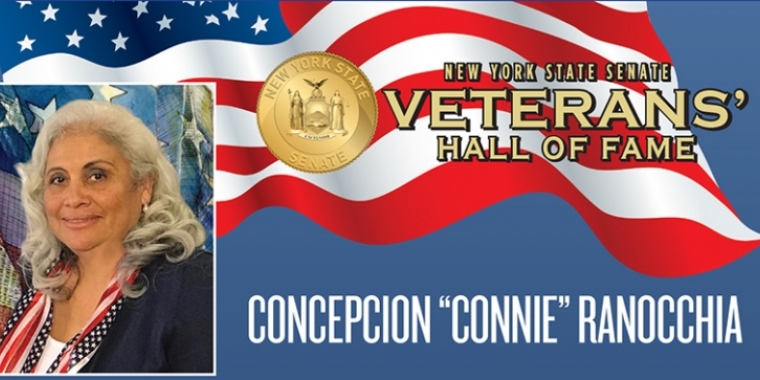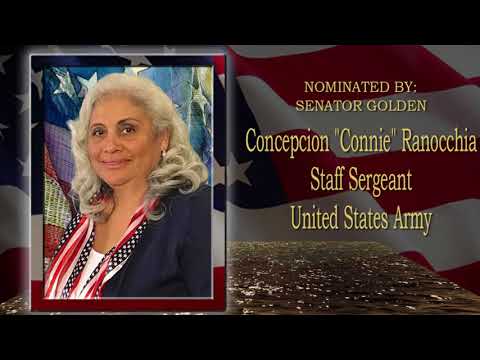
Senate Passes Bill To Create “Airline Passengers’ Bill Of Rights”
The New York State Senate today passed legislation, sponsored by Senator Charles J. Fuschillo, Jr. (R, Merrick), to provide passengers stranded on airplanes at New York airports with certain basic amenities to make their wait more tolerable. The bill (S.5050-C) also creates a new Airline Consumer Advocate Office to help airline passengers in New York report air travel service problems.
The legislation reflects an agreement with the State Assembly. The Assembly is expected to take up and pass the legislation before the end of session.
Senator Fuschillo, Chairman of the Senate Committee on Consumer Protection and a member of the Senate Task Force on Critical Choices, said, "New York is home to some of the world’s busiest airports, and we should take the lead on adopting measures that will make air travel as comfortable as possible for passengers. This legislation will help protect passengers on delayed flights and ensure that they are not held hostage without amenities, but rather are treated with respect."
"In too many instances, the airline industry has failed to exercise corporate responsibility by providing for the basic needs of consumers," said Senate Majority Critical Choices Task Force Chairman Marty Golden (R,C-Brooklyn). "Senator Fuschillo’s legislation sets basic customer standards that all major airlines should follow, while providing important consumer protections for passengers."
Under the legislation, all airlines at New York airports would be required to provide snacks and water, fresh air and power, and working rest rooms to passengers on any plane that has left the gate and been on the tarmac for more than three hours.
The measure would also create the Office of Airline Consumer Advocate within the New York State Consumer Protection Board to provide the public with a New York State-based consumer advocate and contact person who can help to coordinate with the appropriate airline industry officials, federal agencies and the Port Authority of New York and New Jersey in the event an incident occurs.
Senator Fuschillo introduced the legislation after a number of recent incidents in which airline passengers were stranded on planes on runways at New York airports. On Valentine’s Day 2007, thousands of passengers on several JetBlue Airways flights were stranded aboard planes at John F. Kennedy International Airport (JFK) in Queens, some for up to 10 hours, during a snow and ice storm. Then on March 17th, a day-long ice storm forced other airlines to strand hundreds more passengers on jets at JFK for hours. Passengers onboard these planes complained of no food or water, overflowing toilets and no ventilation. JetBlue has since announced a Passengers’ Bill of Rights that provides monetary compensation following such incidents, but does not require amenities be given to stranded passengers.
Specifically, Senator Fuschillo’s "New York State Airline Passengers’ Bill of Rights" would require air carriers serving passengers in the State of New York to provide the following whenever passengers have left the gate and are delayed for more than three hours on the tarmac:
> Electric generation service to provide temporary power for fresh air and lights;
> Waste removal service to service the holding tanks for on-board restrooms; and
> Drinking water and other refreshments.
In addition, all air carriers would be required to clearly and conspicuously post or provide forms including an explanation of rights, consumer complaint information, and contact numbers and addresses for air travel service problems.
The Senate Committee on Consumer Protection conducted a hearing at JFK Airport on May 24th entitled Airline Passengers and Long Flight Delays: What Can be Done to Improve Conditions?, that examined such issues as airport and airline staffing levels, de-icing methods and frequency, the availability of amenities for passengers, and the ability to get passengers off of stranded planes. Airline industry officials, state officials, consumer advocates and passengers provided testimony.
While federal law places restrictions on what individual states can do when it comes to legislation relating to air travel, federal courts have held that the provision of "amenities" for air travelers is one area that states can legitimately address.



